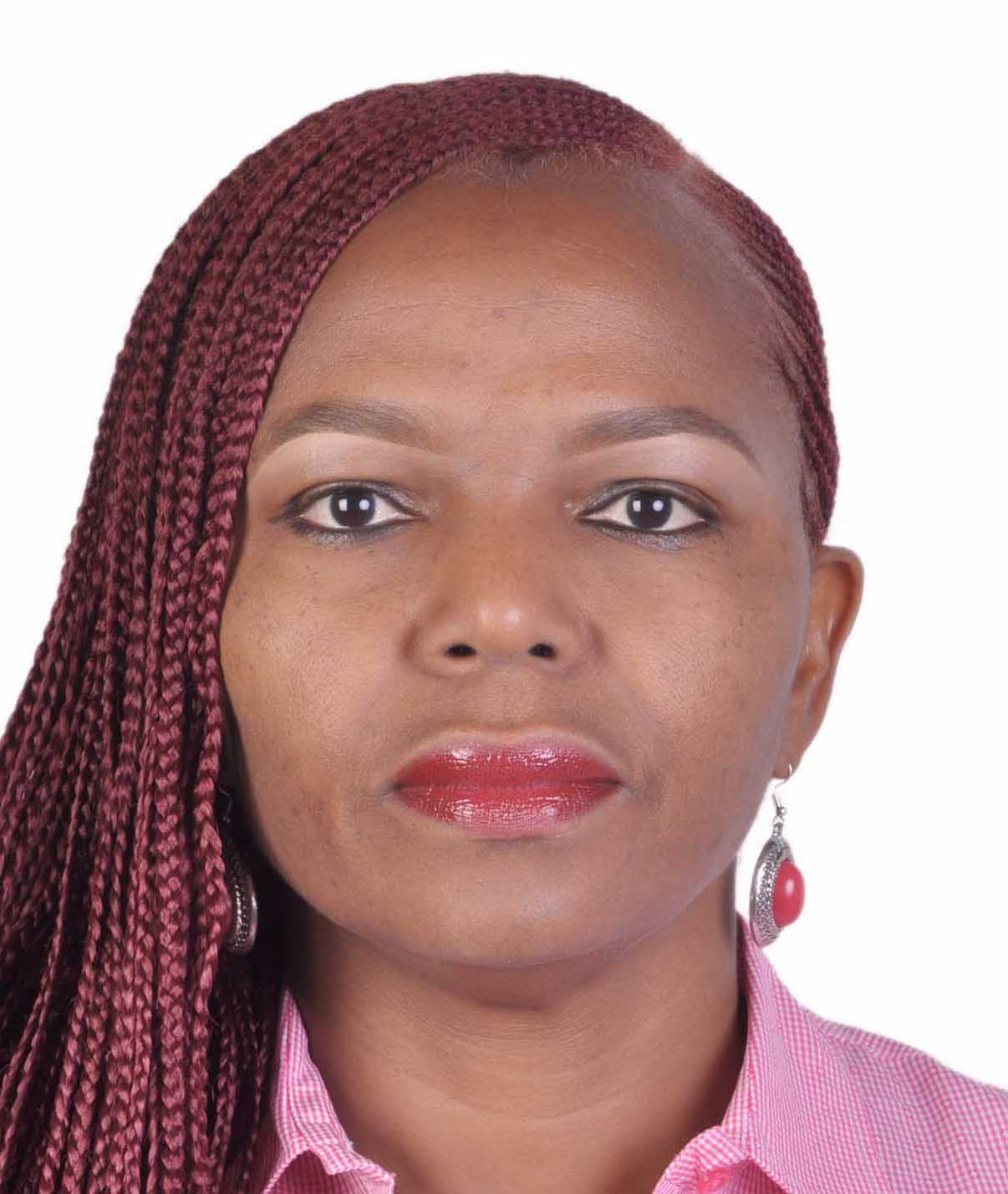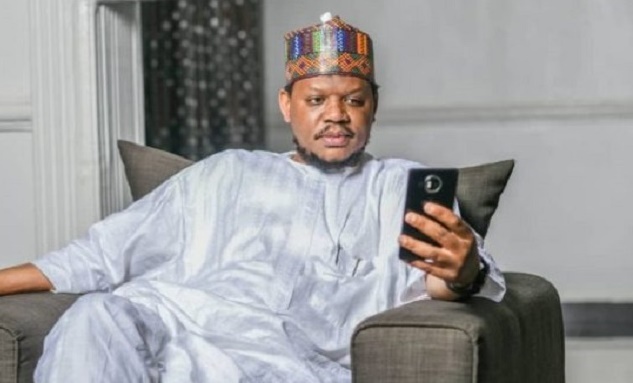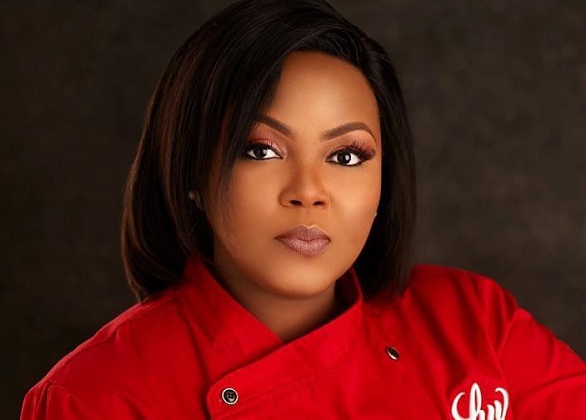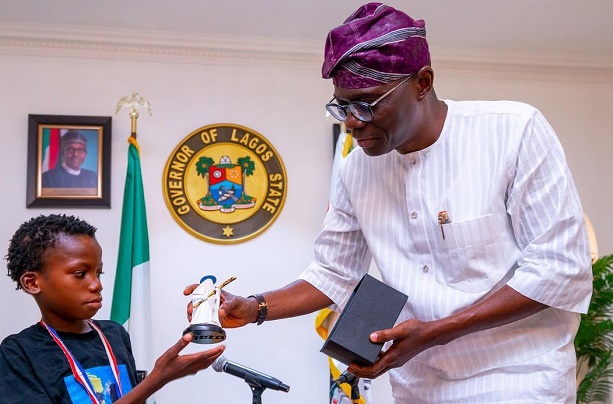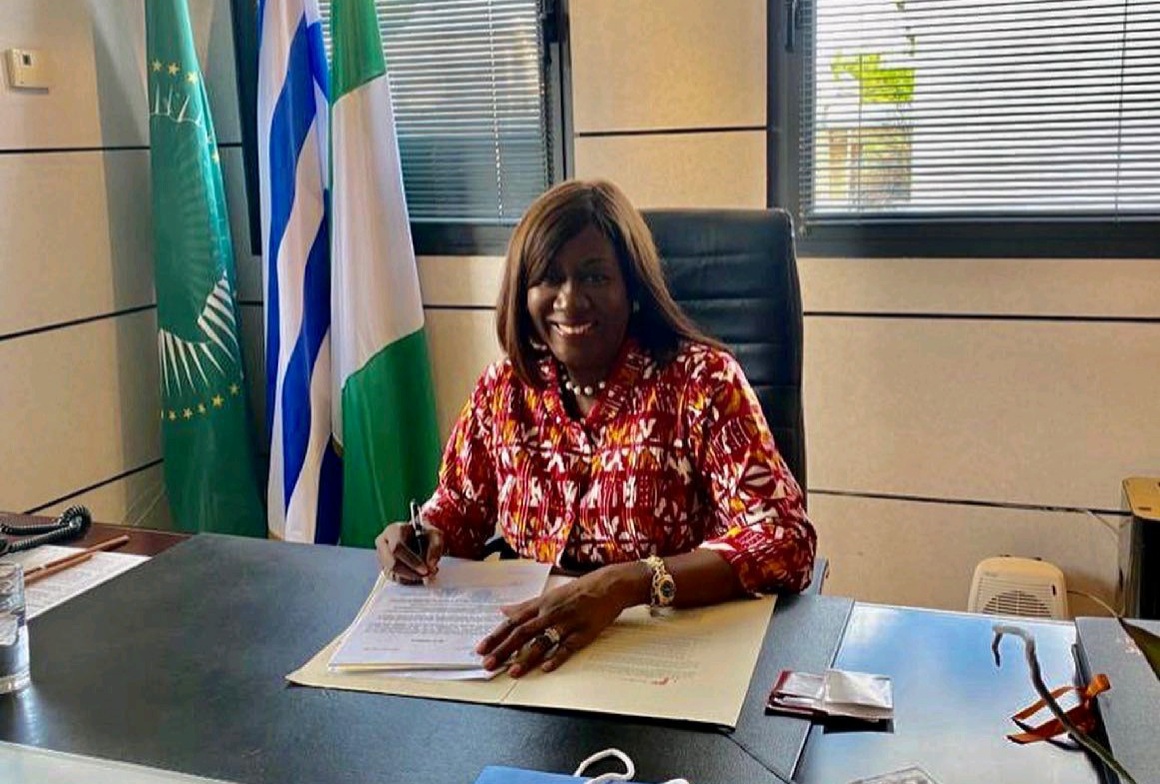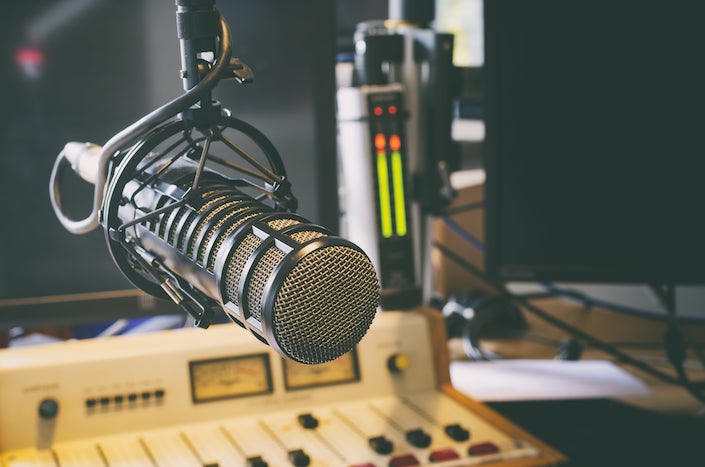Last Friday, June 11, 2021, Nigeria’s federal government announced the appointment of Balarabe Shehu Ilelah as the substantive director-general of the National Broadcasting Commission (NBC). This piece of news was read and celebrated by many as the dismissal or sack of Prof. Armstrong Idachaba, who had been steering the commission as acting DG since February 14, 2020. So, what does this mean for him? Is he going to revert to his previous position as director, broadcast policy and research at the NBC or would he get some form of promotion? As at the time Ilelah’s appointment was announced, no one was quite sure of what was going to happen to Idachaba. Then again, you could ask: Did many broadcasters truly care? However, what wasn’t in doubt was the fact that whether you call it dismissal or sack, Ilelah’s appointment clearly marked the end of the road for Idachaba as NBC DG.
After the fact, perhaps as some sort of damage control, Segun Adeyemi, an aide to the minister of information, Lai Mohammed, attempted to clarify the situation to QED.ng that Idachaba was neither dismissed nor sacked. According to Adeyemi: “Prof Idachaba was not appointed ‘acting director-general’ of the NBC. He was ‘director-in-charge’ because “it is almost automatic in the public service that the most senior director takes over in the absence of a substantive head of an agency”. Although this clarification makes it sound like Idachaba just walked into the DG office one bright Monday morning because he was the most senior director, there was actually an official directive by way of a letter signed by the permanent secretary, federal ministry of information and culture, Grace Gekpe, on February 14, 2020. And for all intents and purposes, Idachaba had carried on since then with the authority of a substantive DG. In fact, his shadow loomed large such that it appeared like he had a reach beyond the broadcast sector. The question can then be asked, why after doing the job for well over a year, was Idachaba considered not good enough to continue as DG? Does he belong to the wrong region, tribe or religion?
In the QED report I quoted earlier, an anonymous ministry source tried to douse the conspiracy theories that “it is actually not all the time that you are moved from acting position to substantive position” but “it would have been good to recognise his hard work with the appointment”. We’ll get to Idachaba’s hard work in a bit however it’s clear that not even this conveniently nameless source could hide the fact that there were expectations, certainly from Idachaba, to be confirmed as a substantive DG which may have informed his zeal and it was because of this zeal that he had many run-ins with broadcasters and other stakeholders.
In fact, four days earlier, the NBC under Idachaba had directed all broadcasting stations to uninstall Twitter following the federal government’s suspension of the microblogging platform: “Consequent on the suspension of Twitter operations in Nigeria by the Federal Government over the persistent use of the platform for activities that are capable of undermining the corporate existence of Nigeria, the National Broadcasting Commission directs all Broadcasting Stations in Nigeria to suspend the patronage of Twitter immediately.”
Advertisement
This directive was more like an order and was based on section 3.11.2 of the Nigeria Broadcasting Code which stipulates that “the broadcaster shall ensure that law enforcement is upheld at all times in a matter depicting that law and order are socially superior to or more desirable than Crime and Anarchy”. Idachaba wanted broadcasters to be especially mindful of section 5.6.3 of the Code which urged them to be careful in the use of user-generated content (UGC) and any information that may cause disaffection, incite to panic or cause rift in the society.
Truth be told, Prof. Idachaba leaving office in the wake of the Twitter ban and his muscle-flexing to arm-twist broadcasters is almost the way he was during his time in office. It seemed as if his mandate was to make life stressful for broadcasters and not for anything that had to do with improving the standards of broadcasting. Things like ‘hate speech’ ruled the day. Never mind that the good professor in interviews couldn’t really explain what constitutes hate speech and yet there they were, working very hard to enforce the broadcasting code.
Advertisement
In 2020, the NBC under Idachaba, and ably supported by the minister of information Lai Mohammed supervised some amendments to the code with little or no input from stakeholders. So much so that the chairman of the NBC board, Ikra Aliyu Bilbis, spoke out saying that what the minister and Idachaba did was illegal. Meanwhile, it looked like the amendments were geared towards punishing certain investors, with Multichoice/DSTV topping the shortlist. In his interview on The Osasu Show, Idachaba also lambasted Iroko TV founder, Jason Njoku.
In the August 11th, 2020 edition of this column, I asked ‘Why is the NBC Fighting with Investors and the Media?’ At the time, Idachaba, then acting DG, said the amendments to the code were to “redynamise and redistribute wealth in a way that there’ll be more participation, more engagement more opportunity”. It wasn’t clear then and I’m still confused as to how prohibiting exclusive sporting rights as the code sought to do, would redistribute wealth like some eastern religious myth. Unfortunately, I don’t know whether the Code has been implemented yet and if so how successful (or not) it has been.
Again, in October 2020, I wrote in this column: ‘NBC’s assault on independent broadcasting.’ This was because the NBC fined AIT, Arise TV and Channels TV N3m each over what it called “unprofessional coverage” of the #EndSARS protests across Nigeria. Citing section 5.6.9 of the contentious Nigeria Broadcasting Code. Even then, social media appeared to be a sore point for Idachaba who must’ve taken his cue from Lai Mohammed. This was what Idachaba had to say to broadcasters about social media: ‘‘We believe that the whole country has now seen why the spurious and recklessness on the social media must not be patronised by the mainstream traditional media. Broadcasters who therefore dogmatically patronise the social media must bury their heads in shame.’’ This from a professor of mass communications! What does he teach his students?
After this, I began to “unlook” (pretended to ignore). In fact, when the Twitter ban was announced, and the NBC put out ads calling on social media companies to register their services in Nigeria. Should we be happy that Idachaba is no longer acting as DG? Let’s not get it twisted, we’ll have to wait and see how the new DG performs. He too could decide like Idachaba to be overzealous with eyes on a possible second term. I mean, if a public servant is desperate enough, he/she’ll always find a way. I have so many questions for Professor Aduku Armstrong Idachaba. That’s all I have: Does he feel used? What’s his gain after all this and what does he think is his legacy? I would really love to hear from him as to what he thinks of his 16 months at the NBC?
Advertisement
Meet the new NBC DG, Balarabe Shehu Ilelah
The new NBC DG will be in office for an initial term of five years. He is a graduate of Bayero University Kano and is a veteran broadcaster, who has worked with NTA Bauchi, and the BBC World Service.
He is also a politician, and ran for Bauchi South Senatorial seat under the APC platform in 2019 but lost to the PDP candidate.
For what it’s worth, Ilelah isn’t the first NBC DG to be partisan. Modibbo Kawu, the suspended DG, was also not only a card-carrying APC member but contested in the governorship primaries in Kwara state. Of course, the obvious fear is how objective and impartial such a person can be in regulating broadcast stations owned by people who belong to other political parties.
Advertisement
Onoshe Nwabuikwu, AIRTIME columnist, is a renowned TV/film critic and film scholar. She also has experience in advertising as a senior copywriter and corporate communications as a communications consultant.
Advertisement
